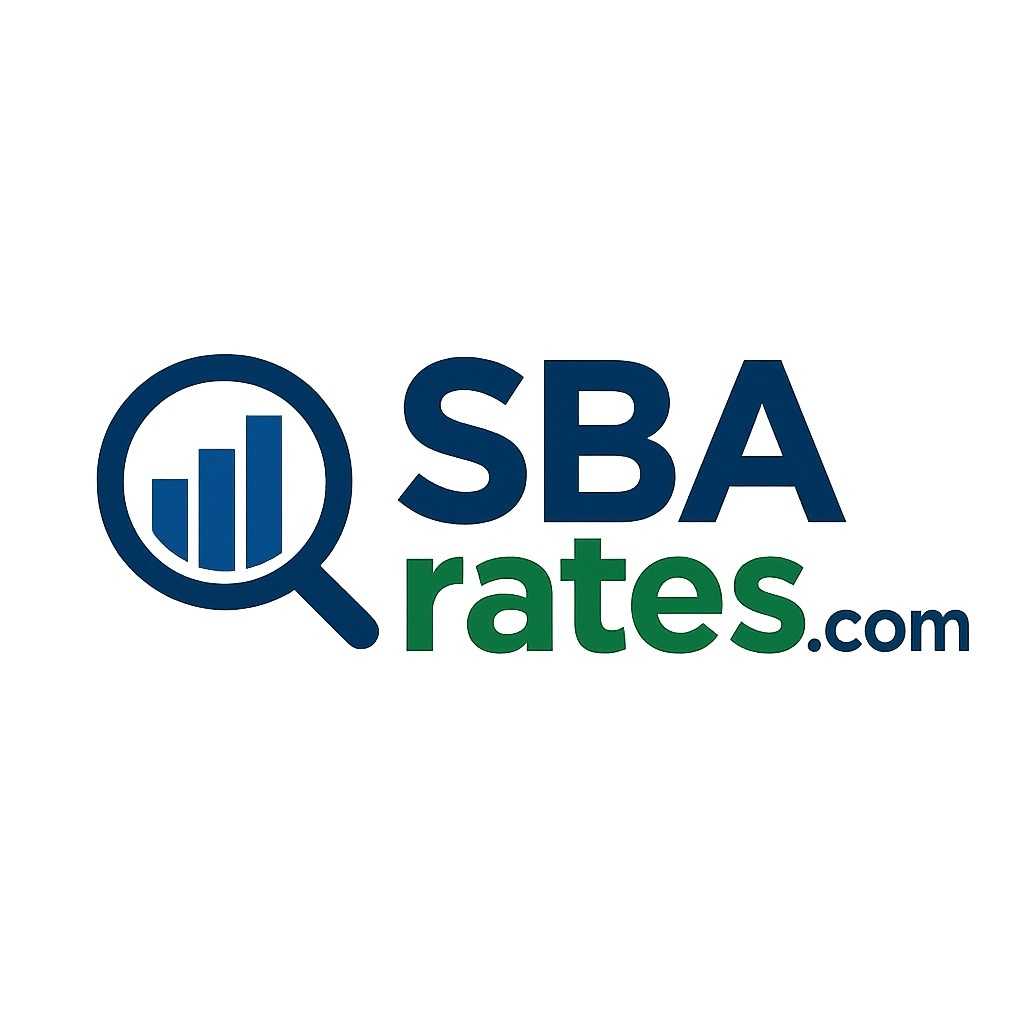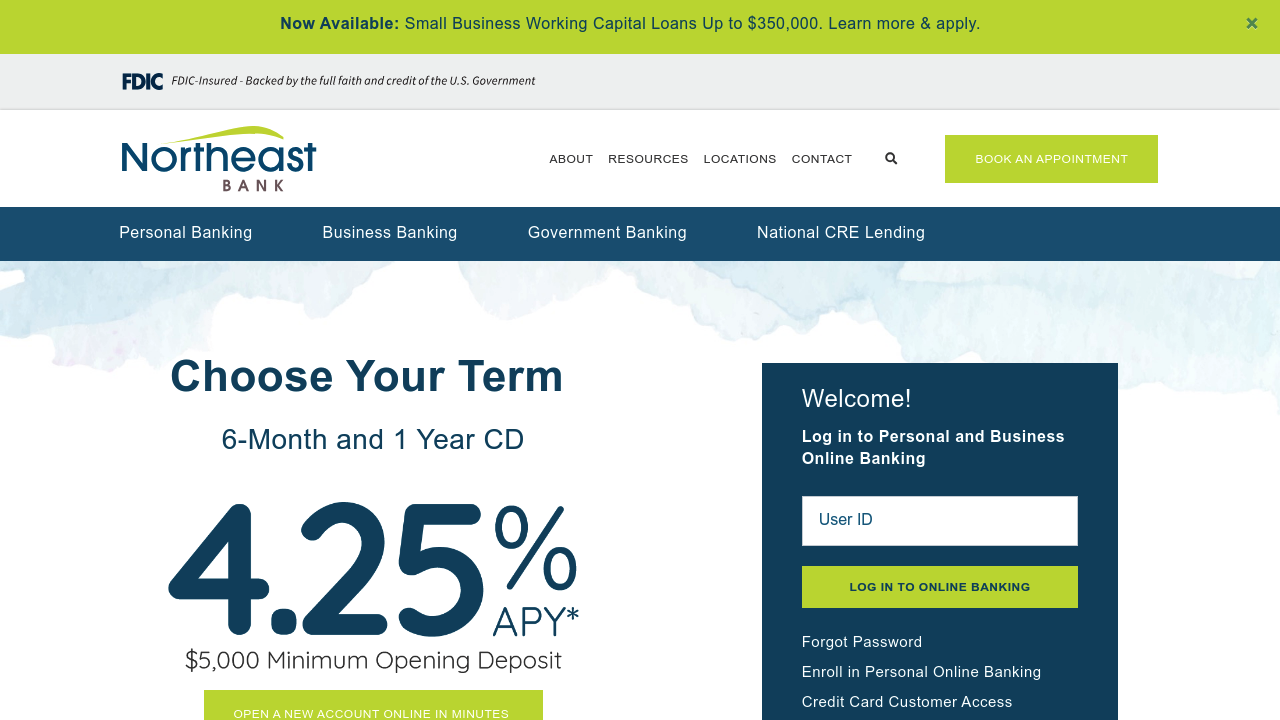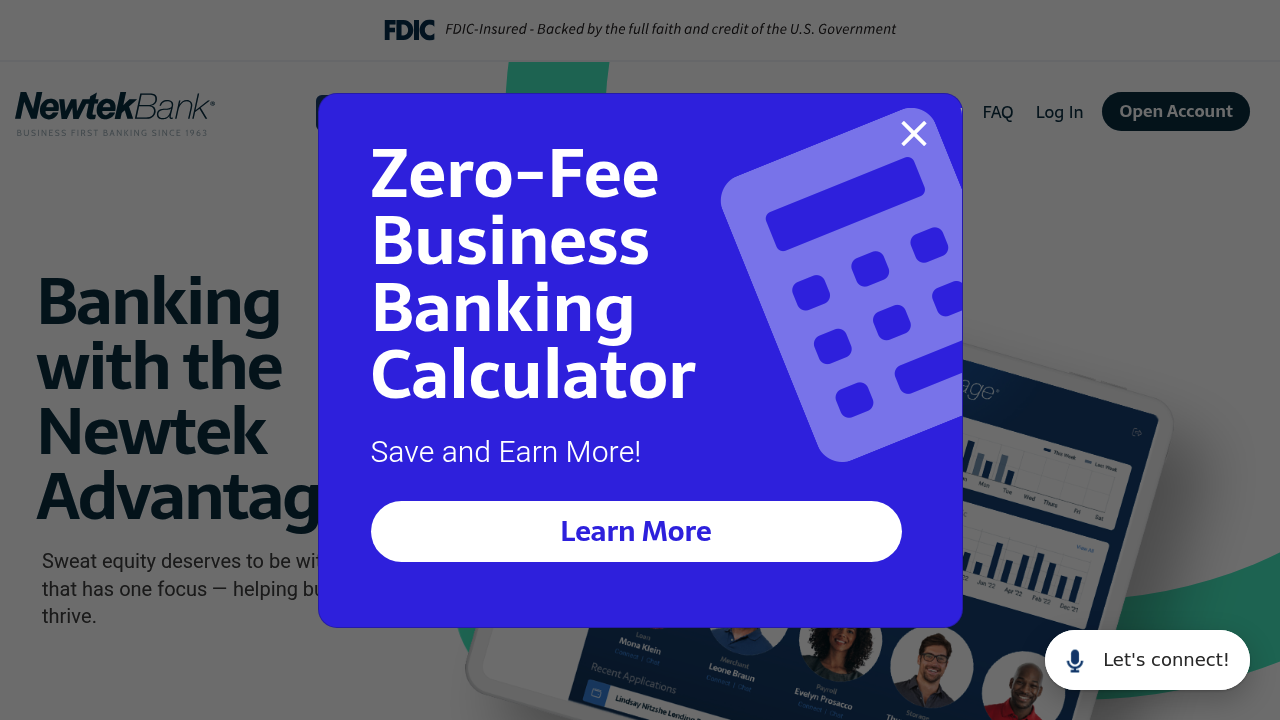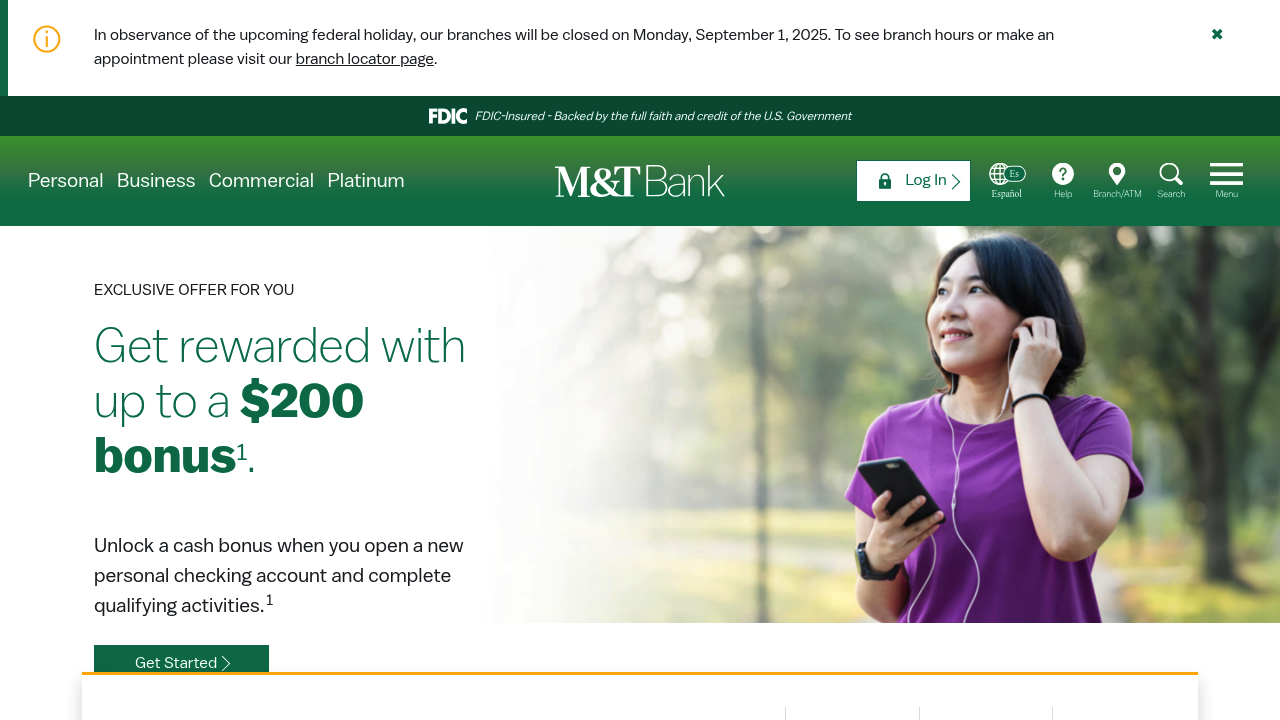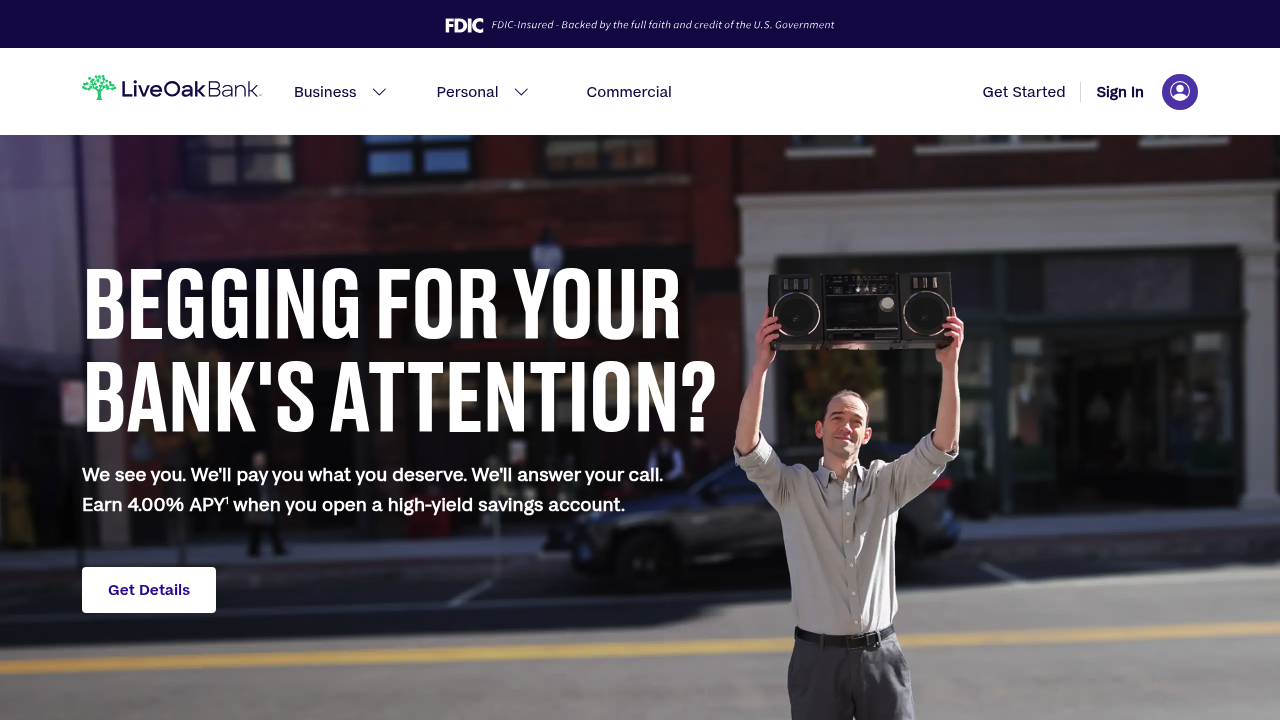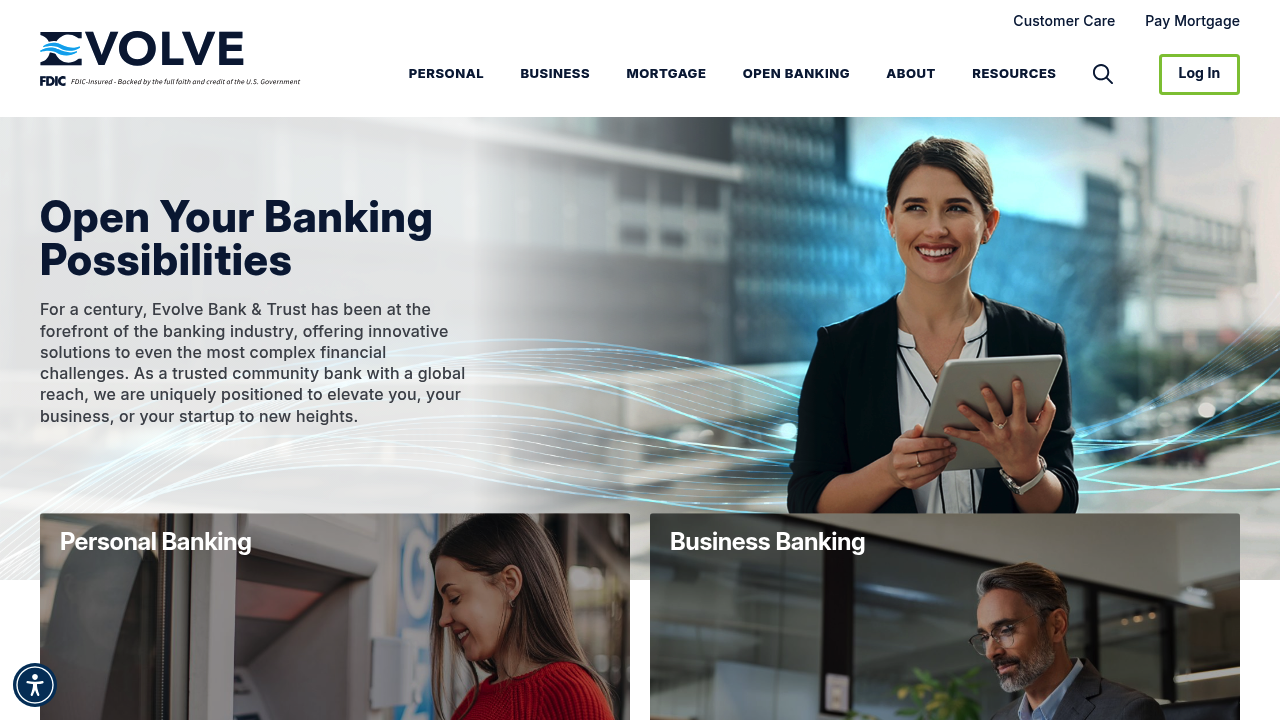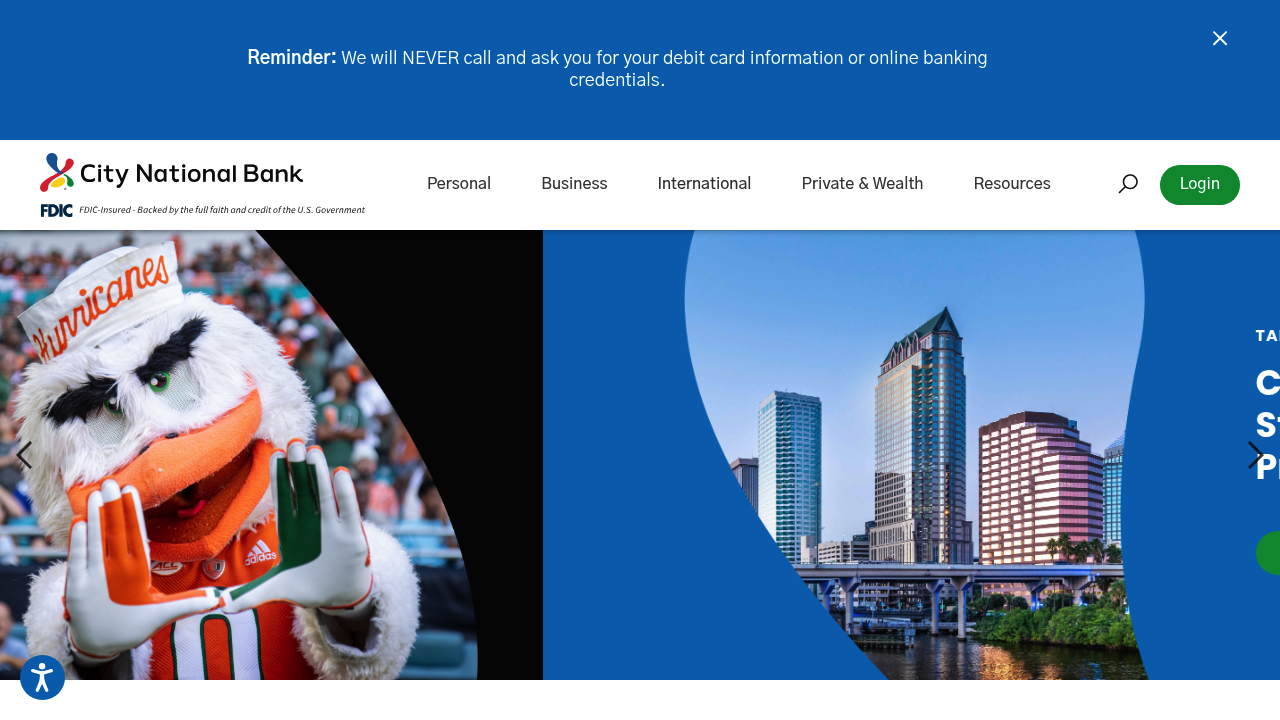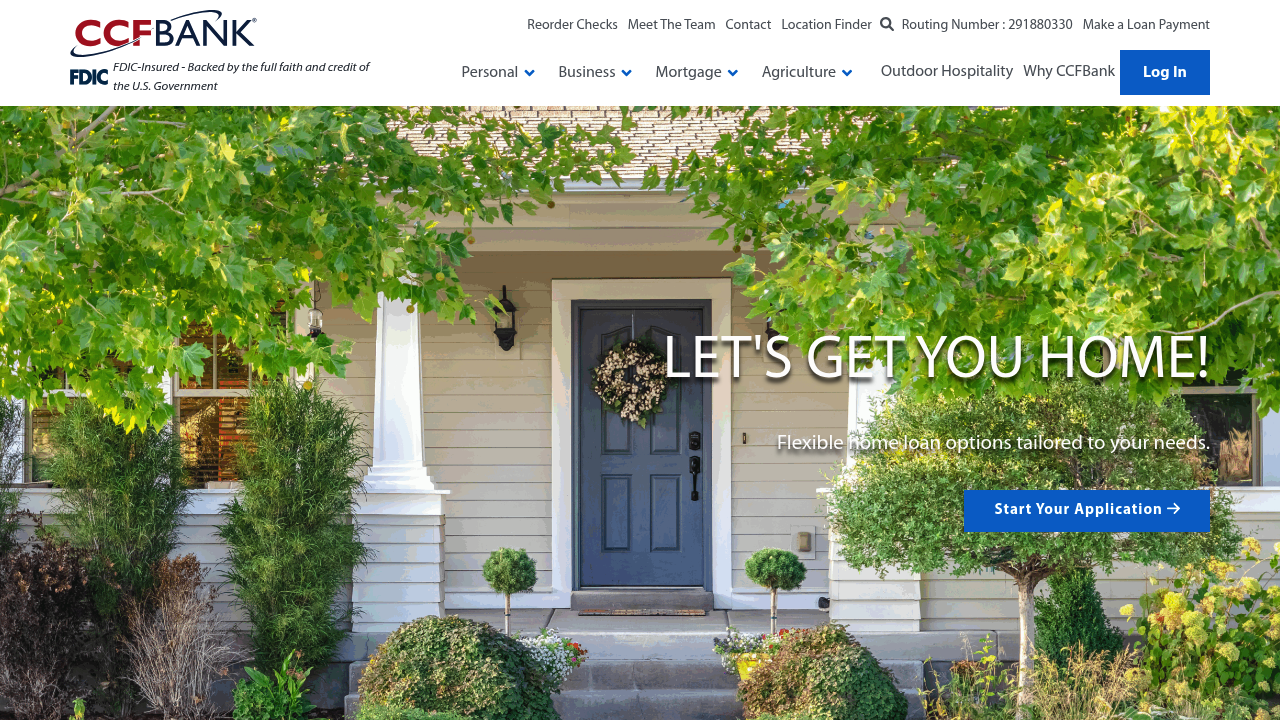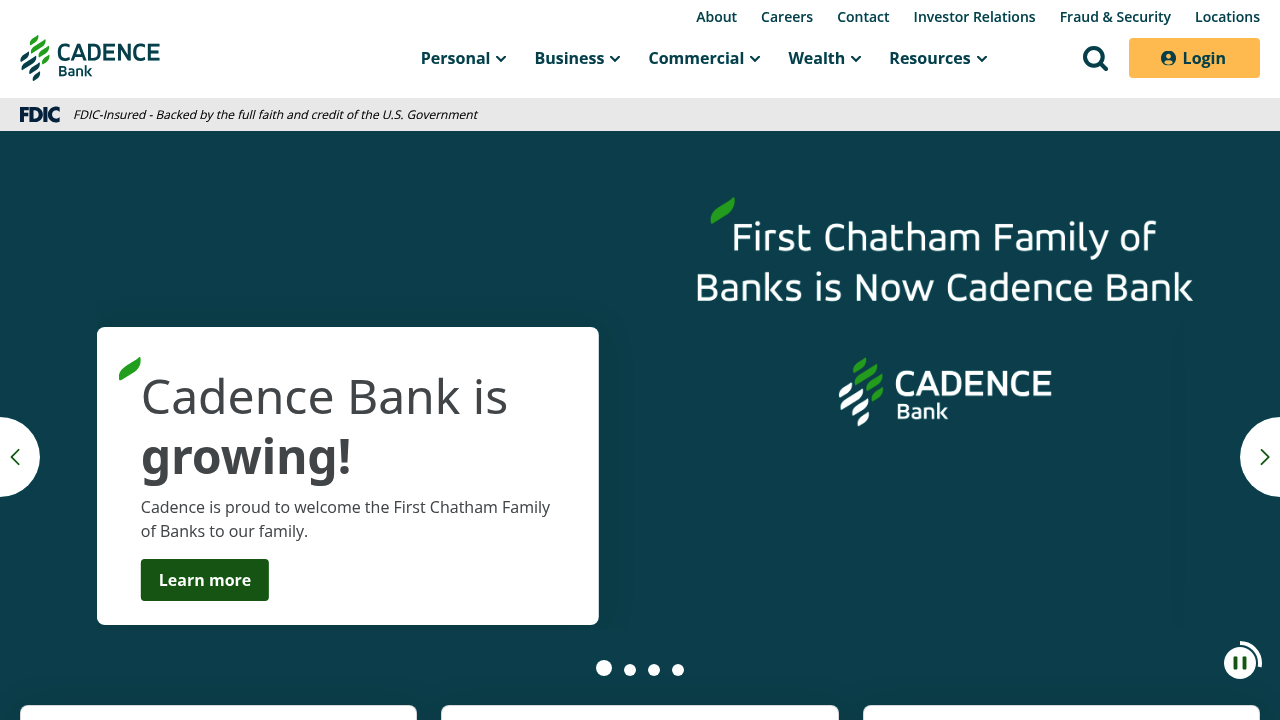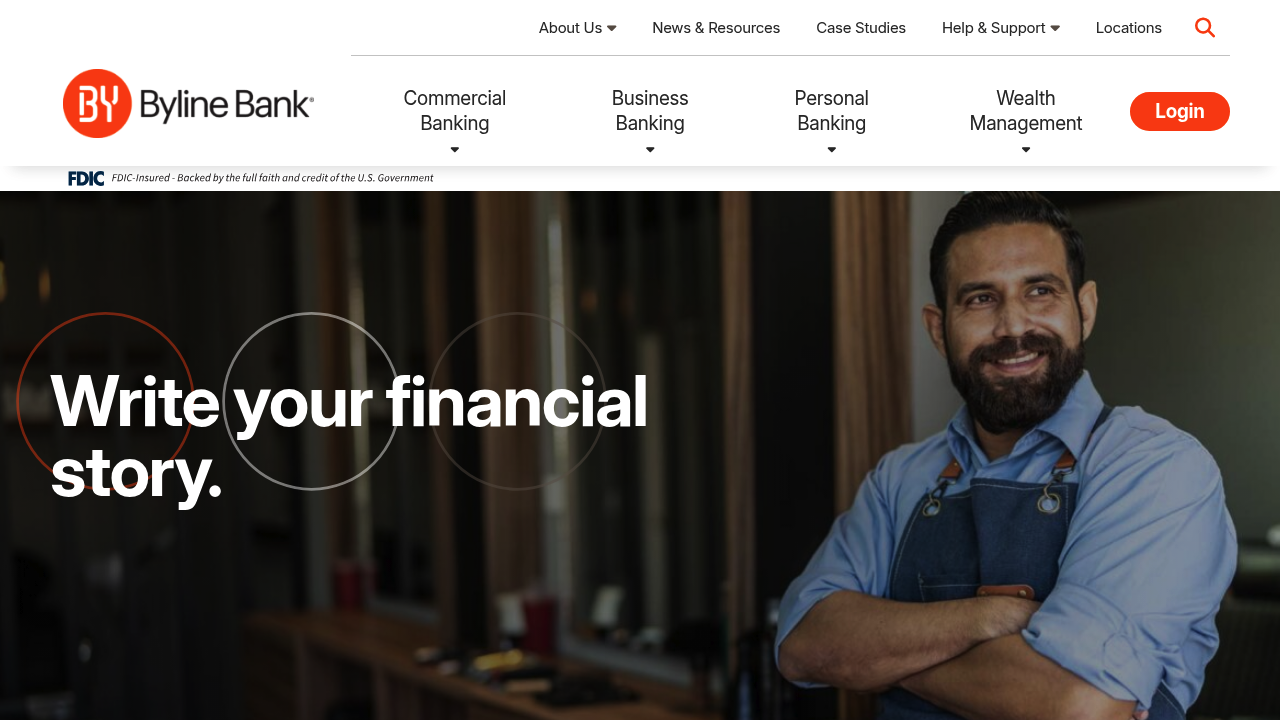Residential Mental Retardation Facilities
623210
SBA Loans for Residential Intellectual and Developmental Disability Facilities: Financing Growth in Specialized Care
Introduction
Residential care facilities for individuals with intellectual and developmental disabilities provide vital long-term support, housing, and personal care. Classified under NAICS 623210 – Residential Intellectual and Developmental Disability Facilities, this sector includes group homes, assisted living programs, and specialized facilities offering care tailored to residents’ needs. While demand for these services continues to rise, operators face financial challenges such as staffing costs, facility upkeep, regulatory compliance, and insurance requirements.
This is where SBA Loans for Residential Disability Care Facilities provide essential assistance. Backed by the U.S. Small Business Administration, SBA loans offer affordable financing with longer repayment terms, lower down payments, and government-backed guarantees. These loans help facility operators cover payroll, renovate buildings, purchase equipment, and expand services to meet growing community needs.
In this article, we’ll explore NAICS 623210, the financial hurdles facility operators face, how SBA loans provide solutions, and answers to frequently asked questions from business owners in the healthcare sector.
Industry Overview: NAICS 623210
Residential Intellectual and Developmental Disability Facilities (NAICS 623210) provide 24-hour residential care and supportive services for individuals with special needs. Services typically include:
- Group homes for individuals with intellectual or developmental disabilities
- Skilled staff to assist with daily living activities
- Medical and therapeutic support services
- Community integration and vocational training programs
- Long-term housing and specialized care plans
These facilities play a critical role in healthcare and community services, but they face high operating expenses and regulatory demands that require consistent access to capital.
Common Pain Points in Facility Financing
From Reddit’s r/healthcare, r/Entrepreneur, and Quora discussions, facility operators often highlight these challenges:
- Payroll & Staffing – Hiring and retaining qualified caregivers, nurses, and support staff is costly.
- Facility Maintenance – Residential buildings require renovations, safety upgrades, and ongoing maintenance.
- Regulatory Compliance – Licensing, inspections, and healthcare compliance drive recurring expenses.
- Insurance & Liability – Coverage for residential care providers is expensive and essential.
- Cash Flow Gaps – Facilities often rely on delayed Medicaid or insurance reimbursements, causing liquidity challenges.
How SBA Loans Help Residential Disability Care Facilities
SBA financing provides affordable, flexible capital that enables facilities to stabilize operations, invest in care quality, and expand capacity.
SBA 7(a) Loan
- Best for: Working capital, payroll, equipment, or debt refinancing.
- Loan size: Up to $5 million.
- Why it helps: Covers staffing, supplies, compliance costs, and cash flow stabilization.
SBA 504 Loan
- Best for: Real estate and facility improvements.
- Loan size: Up to $5.5 million.
- Why it helps: Ideal for purchasing, expanding, or renovating group homes or residential facilities.
SBA Microloans
- Best for: Smaller or startup care facilities.
- Loan size: Up to $50,000.
- Why it helps: Useful for purchasing supplies, staff training, or licensing fees.
SBA Disaster Loans
- Best for: Facilities impacted by natural disasters or unexpected emergencies.
- Loan size: Up to $2 million.
- Why it helps: Provides funding to repair facilities, replace equipment, or recover lost revenue.
Step-by-Step Guide to Getting an SBA Loan
- Check Eligibility – Must be a U.S.-based, for-profit facility with good personal credit (typically 650+).
- Prepare Financial Documents – Include tax returns, P&L statements, licensing records, and payroll documentation.
- Find an SBA-Approved Lender – Some lenders specialize in healthcare and long-term care financing.
- Submit Application – Provide a business plan highlighting care services, compliance strategies, and financial forecasts.
- Underwriting & Approval – SBA guarantees reduce lender risk. Approval typically takes 30–90 days.
FAQ: SBA Loans for Residential Disability Care Facilities
Why do banks often deny loans to residential care facilities?
Banks consider care facilities high-risk due to reliance on Medicaid reimbursements, strict regulations, and liability exposure. SBA guarantees reduce lender risk, improving approval chances.
Can SBA loans finance facility renovations and upgrades?
Yes. SBA 7(a) and 504 loans can cover renovations, safety compliance upgrades, and new construction for group homes.
What down payment is required?
SBA loans generally require 10–20% down, compared to 25–30% for conventional loans.
Are startup facilities eligible?
Yes. Startup care facilities with proper licensing, trained staff, and a solid business plan may qualify for SBA financing.
What repayment terms are available?
- Working capital: Up to 7 years
- Equipment: Up to 10 years
- Real estate: Up to 25 years
Can SBA loans support staff expansion and training?
Absolutely. Many facilities use SBA loans to hire more caregivers, invest in staff training, and improve care quality.
Final Thoughts
The Residential Intellectual and Developmental Disability Facilities sector provides essential care and housing but faces high operating costs and regulatory challenges. SBA Loans for Care Facilities provide affordable, flexible financing that helps owners stabilize operations, improve facilities, and expand capacity.
Whether you’re running a small group home or a larger residential care center, SBA financing can provide the resources you need to grow. Connect with an SBA-approved lender today and explore your funding options for success in specialized residential healthcare.
Filters
Tags
#Preferred Lenders Program
#SBA Express Program
#Existing or more than 2 years old
#Startup
#Loan Funds will Open Business
#Change of Ownership
#New Business or 2 years or less
#7a General
#Variable Rates
#Fixed Rates
#Asset Base Working Capital Line (CAPLine)
#International Trade Loans
#Export Express
#7a with WCP
#Contract Loan Line of Credit (CAPLine)
#7a with EWCP
#Preferred Lenders with WCP
#Preferred Lenders with EWCP
#Seasonal Line of Credit (CAPLine)
#Builders Line of Credit (CAPLine)
